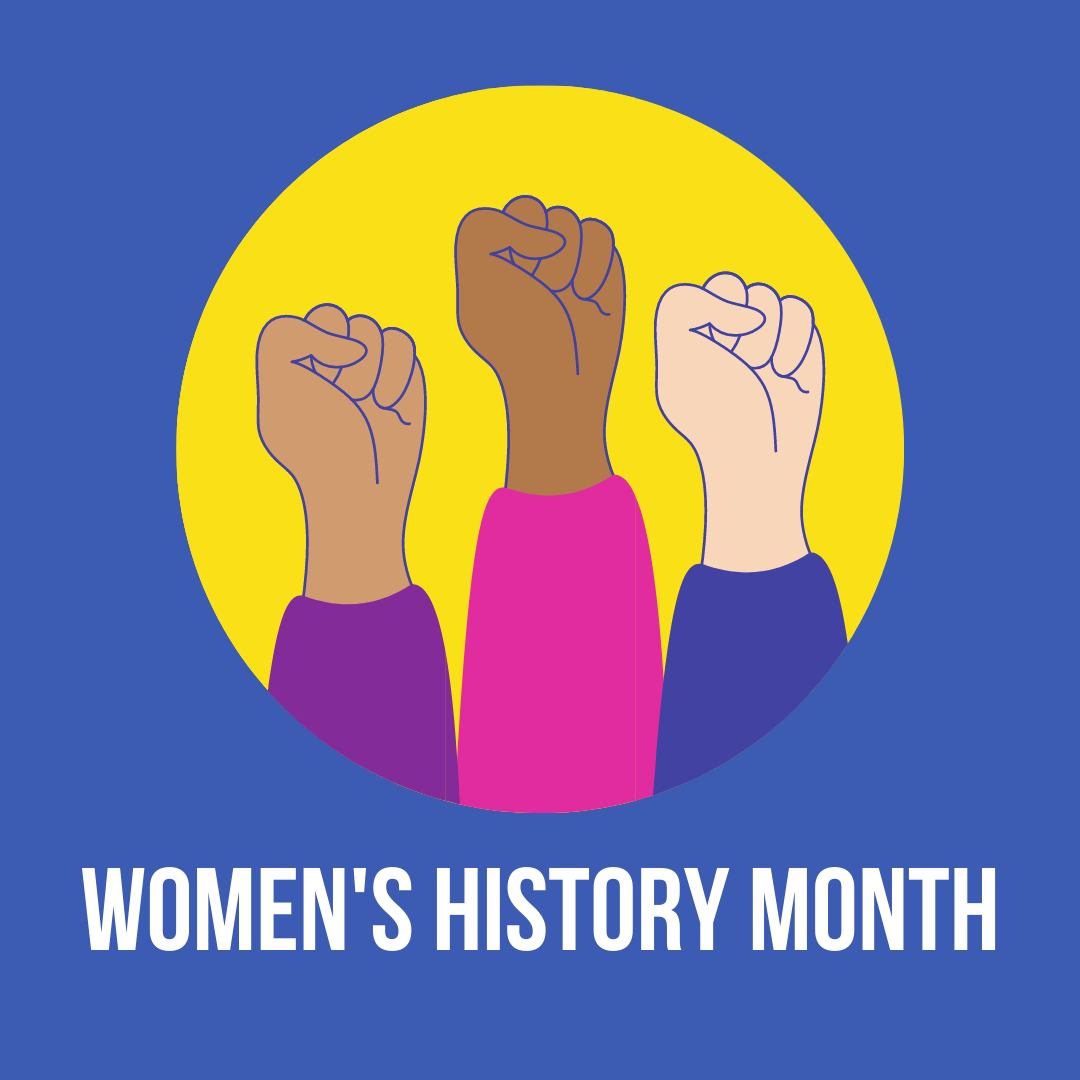Lifting As We Climb: Celebrating and Supporting Women in STEM

During Women’s History Month, there have been ample opportunities to recognize the work of female pioneers in science. Of course, not long ago, the idea of a woman scientist was a rarity rather than an ordinary reality. At the time that Rosalind Franklin helped discover the structure, and therefore the function, of DNA in 1953, women’s contributions were often dismissed, and Franklin herself received only passing acknowledgment in the seminal double helix paper.
Sputnik and the Cold War ushered in a new era of scientific zeal, and more women began to enter science, technology, engineering, and mathematics (STEM) fields. Even so, the entry of women into science-based careers didn’t happen overnight. In 1970, women made up 38% of the workforce but held only 8% of STEM jobs. Today, that gap has tightened, but men still outnumber women approximately three to one in STEM careers. Women continue to face – and overcome – unique challenges in the STEM workforce.
One reason for the imbalance between men and women in STEM careers is that fewer women enter the pipeline in the first place. Only one-fifth of physics PhDs in the United States, for instance, are awarded to women. Even in fields with higher percentages of women, though, the “leaky pipeline” is a problem. In biology fields, women earn over half of all PhDs, yet they receive only 39 percent of postdoctoral fellowships and 18 percent of professorships. For women of color, this lack of representation is even more pronounced. White women make up 39% of non-tenure-track faculty and 23% of tenure-track or tenured faculty, while women of color hold only 5% of non-tenure-track faculty and 2% of tenure-track or tenured faculty.
Women in STEM often face family-related career challenges that their male colleagues do not. Data from the onset of the COVID-19 pandemic show larger declines in lab productivity and scientific-publication output for female compared to male scientists. In particular, female scientists with dependent children experienced a roughly 20%-40% decline in research time, which could translate to stalled scientific careers or limited career trajectories. The impact of motherhood on scientific careers influences the academic pipeline of women in STEM. A survey found that 57% of married female postdocs who did not have children and over 36% of single women rated having children as a “very” or “extremely” important consideration for career planning. Given that women are more likely to quit research during the transition from postdoc to principal investigator (despite policy changes and incentives), more work is needed to amend scientific culture so that it is more accepting of women scientists.
“Lifting as we climb,” a term coined by suffragist and activist Mary Church Terrell, perfectly captures the persevering resilience of female scientists. Despite systemic barriers, women like Dr. Katalin Karikó and Dr. Jennifer Doudna are contributing remarkable, groundbreaking scientific discoveries while creating space for themselves in a male-dominated field. At the intersection of science and policy, women like former NSF Director Dr. Rita Colwell and former AAAS President Dr. Shirley Ann Jackson — the first woman and Black woman, respectively, to serve in these roles — are strategically improving the status of women in the STEM workforce. Gender disparities exacerbated by the ongoing pandemic threaten to stifle the progress made in closing the equity gap between male and female scientists, but groups like Vanguard STEM, the Association for Women in Science, 500 Women Scientists, and the NIH Working Group on Women in Biomedical Careers are combating these threats by empowering women in STEM and creating equitable opportunities. In order to fully leverage our scientific capacity, we must continue to lift up and support the excellent women who contribute so much to their fields, even as we remember those who, like Marie Curie and Rosalind Franklin, paved the way for other women.
This blog post was written by Dr. Keila Miles, science policy fellow at Research!America, and Dr. Jessica Scott, science communications intern at Research!America.




